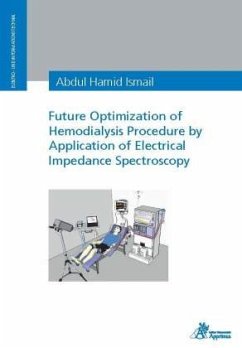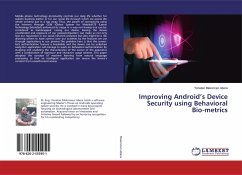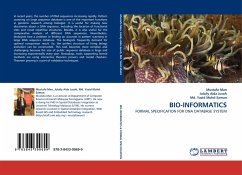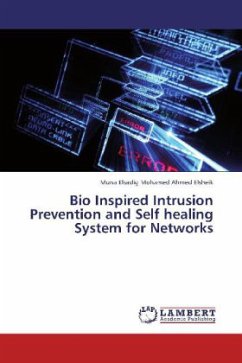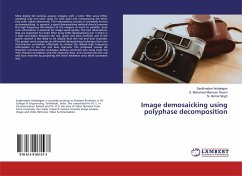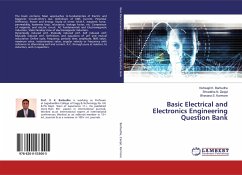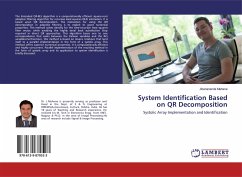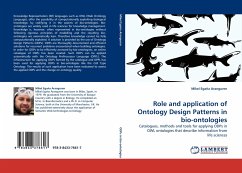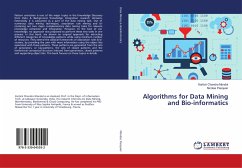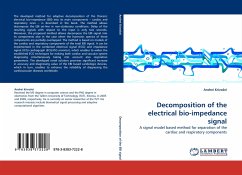
Decomposition of the electrical bio-impedance signal
A signal model based method for separation of the cardiac and respiratory components
Versandkostenfrei!
Versandfertig in 6-10 Tagen
32,99 €
inkl. MwSt.

PAYBACK Punkte
16 °P sammeln!
The developed method for adaptive decomposition of the thoracic electrical bio-impedance (EBI) into its main components cardiac and respiratory ones is described in the book. The method allows decompose the EBI on-line in non-stationary conditions. Delay of the resulting signals with respect to the input is only two seconds. Moreover, the proposed method allows decompose the EBI signal into its components also in the case when the harmonic spectra of these components are partially overlapped. The method is based on models of the cardiac and respiratory components of the total EBI signal. It ca...
The developed method for adaptive decomposition of the thoracic electrical bio-impedance (EBI) into its main components cardiac and respiratory ones is described in the book. The method allows decompose the EBI on-line in non-stationary conditions. Delay of the resulting signals with respect to the input is only two seconds. Moreover, the proposed method allows decompose the EBI signal into its components also in the case when the harmonic spectra of these components are partially overlapped. The method is based on models of the cardiac and respiratory components of the total EBI signal. It can be implemented in the combined electrical signal (ECG) and impedance signal (ICG) cardiograph (ECG/ICG monitor), which enables to widen the established ECG techniques for making both cardiac and vascular system diagnosing simultaneously taking into account also respiration parameters. The developed novel solution promises significant increase in accuracy and diagnosing value of the EBI based cardiologic devices, which in turn, enables to enhance the reliability of diagnosing the cardiovascular diseases worldwide.



